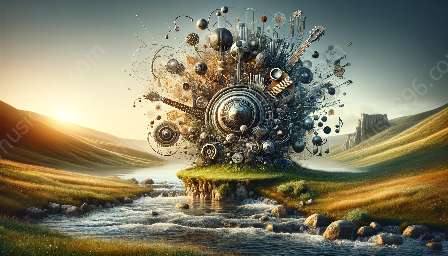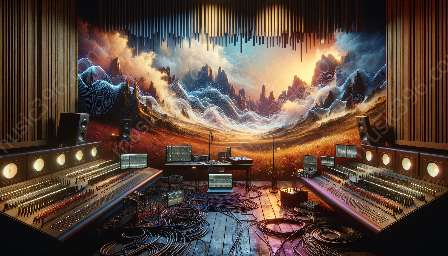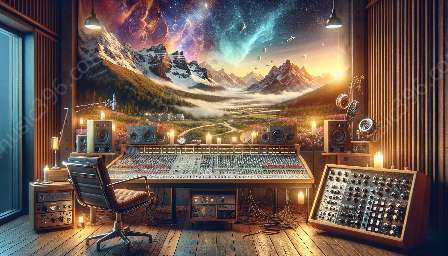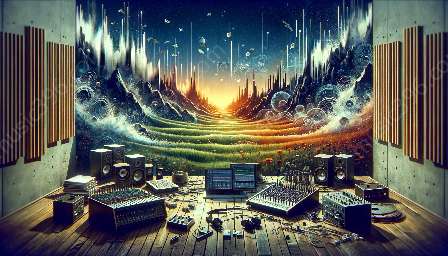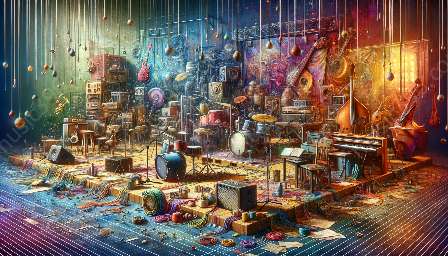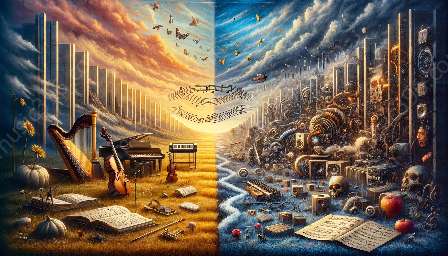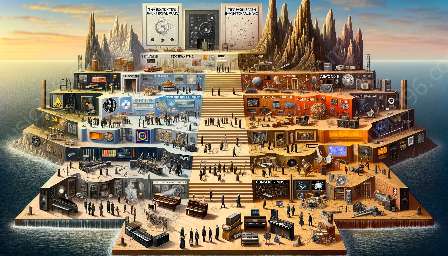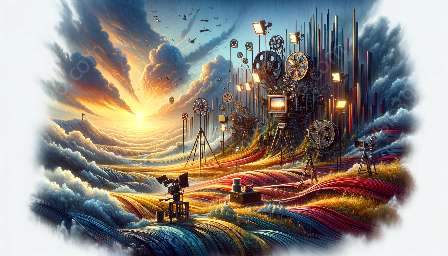Experimental music is a diverse and innovative genre that pushes boundaries and challenges traditional concepts of music. It often incorporates unique sounds, unconventional instruments, and unusual techniques.
As experimental music continues to evolve, the issue of preventing plagiarism and unauthorized replication has become increasingly important. In this topic cluster, we will explore the importance of respecting intellectual properties and rights in experimental music and how to prevent plagiarism and unauthorized replication within this genre.
Understanding Plagiarism and Unauthorized Replication
Plagiarism in experimental music refers to the unauthorized use or replication of another artist's original work without permission. It can take various forms, including sampling without consent, mimicking a specific style without attribution, or outright copying of compositions or recordings.
Unauthorized replication, on the other hand, involves duplicating or imitating a musical work without the appropriate permissions or licenses. This can occur in the form of cover versions, remixes, or re-recordings without proper authorization.
Intellectual Properties and Rights in Experimental Music
Intellectual properties and rights play a crucial role in protecting the creative output of experimental musicians. These rights include copyrights, which safeguard original compositions and recordings, and licenses, which regulate the usage of copyrighted material.
Artists and creators in the experimental music scene rely on these intellectual properties and rights to maintain control over their work and ensure fair compensation for their artistic contributions. Understanding and respecting these legal frameworks is essential for fostering a supportive and ethical environment within the experimental music community.
Preventive Measures for Plagiarism and Unauthorized Replication
There are several proactive steps that experimental musicians and industry professionals can take to prevent plagiarism and unauthorized replication in their work. These measures include:
- Creative Documentation: Keeping detailed records of the creative process, including drafts, sketches, and notes, can help establish ownership and originality of musical compositions.
- Clear Communication: Establishing open channels of communication with collaborators, labels, and publishers to ensure that all parties understand the boundaries and expectations regarding the use of musical material.
- Legal Compliance: Adhering to copyright laws, licensing agreements, and intellectual property regulations when using samples, incorporating existing works, or releasing new compositions.
- Technology Utilization: Leveraging digital tools and technologies to monitor and protect original content from unauthorized use or duplication.
The Role of Experimental & Industrial Music in the Contemporary Landscape
Experimental and industrial music have long been at the forefront of sonic innovation and boundary-pushing creativity. These genres continue to inspire and influence artists across multiple disciplines, from visual arts to film and beyond.
The distinctiveness of experimental and industrial music lies in their ability to challenge conventions and explore uncharted sonic territories, often blurring the lines between noise and music. In today's digital age, these genres serve as a catalyst for redefining the boundaries of musical expression and technological experimentation.
Conclusion
Understanding and addressing the issues of preventing plagiarism and unauthorized replication in experimental music are vital for maintaining a thriving and ethical creative community. By respecting intellectual properties and rights, adopting preventive measures, and recognizing the unique contributions of experimental musicians, we can foster an environment that encourages innovation, artistic integrity, and mutual respect within the experimental music landscape.










